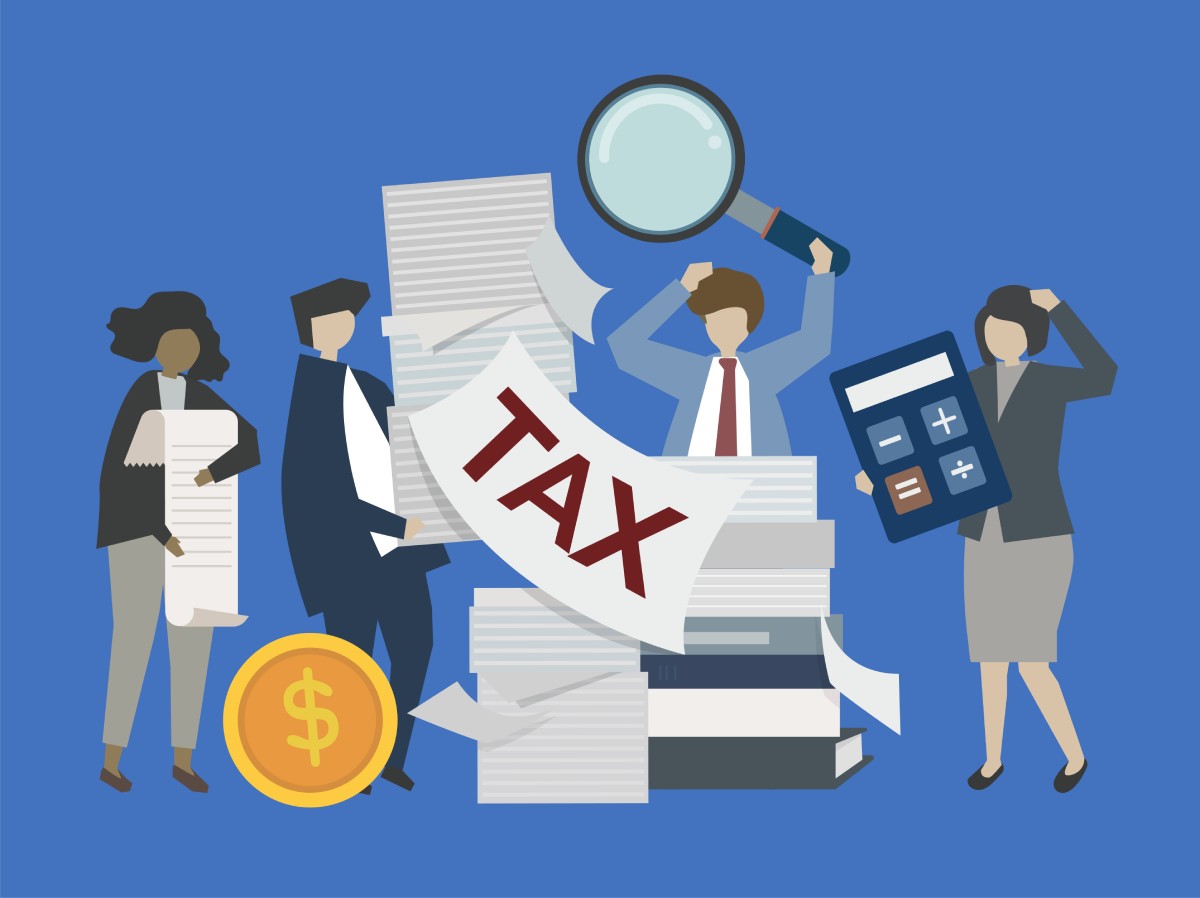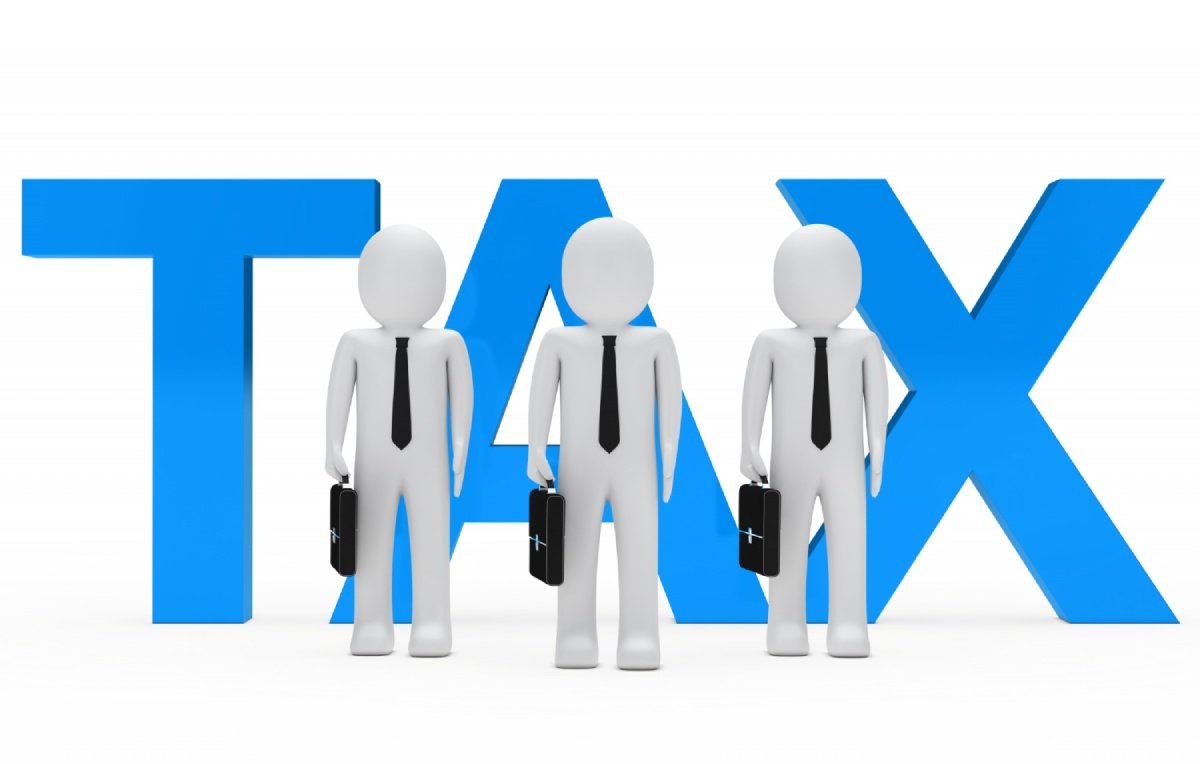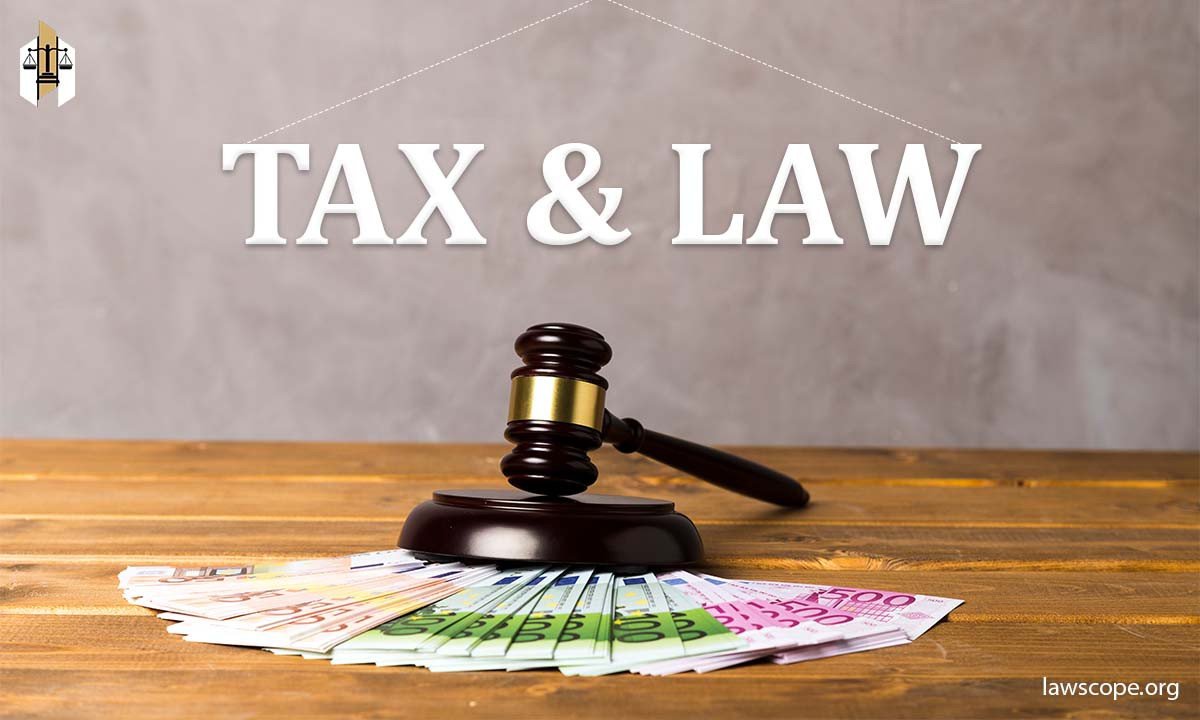Tax&Law!
Navigating the complex world of taxes and rules may be difficult for both individuals and corporations.
Comprehending your legal responsibilities is critical, from comprehending tax rules to complying with legal standards.
It might be difficult to keep up with the system’s complexities with continually changing regulations and procedures.
You may, however, negotiate these legal responsibilities and assure compliance with the law with the correct assistance and information.
We will present you with vital information and insights in this Tax&Law Guide to assist you in understanding your legal obligations and navigating the complicated environment of taxes and regulations.
Key Concepts In Tax&Law

Certain key concepts must be understood in order to understand tax law effectively:
Direct Tax: Direct taxes are taxes that are collected from the income or wealth of a person, business, or other legal person and paid to the tax authorities directly. Some examples of direct taxes are income tax and corporate tax.
Indirect Tax: Instead of taxes on income or wealth, indirect taxes are taxes that are applied to things like goods and services.
Usually, these taxes are collected by someone like a retailer and then sent to the tax authorities.
Some examples of indirect taxes are value-added tax or VAT and excise duties.
Tax law in the UK includes residency status, taxable income, allowances and deductions, tax rates and bands, and compliance requirements.
Understanding these concepts helps individuals and businesses determine their tax liability, reduces overall tax liability, and avoids penalties and interest charges.
Key Functions Of Tax&Law

Tax law is an important part of the UK legal landscape as it governs taxation and ensures that taxpayers are treated fairly.
1. Promote or Disincentive Certain Behaviors: Tax laws can make it easier or harder for people to do things they want to do financially or socially.
For example, you might be able to get tax breaks for green businesses or be able to deduct taxes on unhealthy things like cigarettes or alcohol.
2. Revenue Generation: Tax money is used to pay for public services, infrastructure, and social programs.
3. Stabilize the Economy: Tax policy can help keep things in check (like inflation or a recession).
4. Wealth Redistribution: Taxes are a way to break up the pie by hitting higher-income people with higher taxes and giving lower-income people tax breaks or deductions.
New Tax Laws 2023 With Respect To Income Tax

Tax laws have been taken a notch higher this year in comparison to the new tax laws in 2022. The following is a brief of what it is currently looking like:
(i) Income Tax Thresholds
The Chancellor of the Exchequer, Jeremy Hunt, has put a freeze on the personal allowance for basic rate taxpayers according to the new income tax law.
This means that they won’t have to pay any tax at all if their income is less than £12.570 by April 2028.
Additionally, 3.2 million new taxpayers will be able to claim the personal allowance, while 2.6 million more people will have to pay higher rate tax.
All of this refers to the fact that the government will be able to raise an extra £25 billion a year by 2027/28.
(ii) Basic Income Tax Rate
The basic rate of income tax is set at 20% for earnings ranging from £12,571 to £50,270 per annum, meaning that one-fifth of the earnings are paid to the government.
(iii) Higher Income Tax Rate
The 40% increase in the income tax rate is applicable to earnings of £50,000 to £125,000, according to the updated income tax law and practice.
Earnings of more than £125,000 result in the loss of tax-exempt personal allowances.
Earnings of £125,000 or more do not result in any personal allowance.
(iv) Additional Income Tax Rate
The maximum amount of income tax that can be claimed on your tax return is increased by 45% if you earn more than £125.140 per annum.
The threshold has been raised from £150.00 to £125.00.
(v) National Insurance
NI (National Insurance) is a tax paid by the government. It deducts a set amount from an employee’s salary.
It works on the same principles as income tax but with different thresholds.
NI is not paid by people who are over the age of 65, even though they are still working.
NI does not pay out of your pay packet if you earn less than £12,500 per annum.
Earnings above £50,000 per annum are charged NI at a fixed rate of 12% per annum and 2% per annum.
The main NI thresholds will be frozen until 2028.
Income tax case laws for a specific country or jurisdiction vary. Thus, it is better to check with your jurisdiction for such tax cases.
Tax Issues That Tax Lawyers Address

The tax law experts address the following problematic areas:
- Compliance and disclosure.
- Controversial issues in tax law, including offshore trusts and cross-border asset classes.
- Providing advice to private individuals, including those with a cross-border link, regarding their UK tax situation, often involving cross-border business and personal matters.
- Taxpayer mediation with HM Revenue and Customs (HMRC).
- Counseling and representation for clients investigating.
- Business property and share transfer, corporate restructuring, and tax planning and advice.
- The negotiation and preparation of risk-based documents.
- Provide advisory and drafting services related to financing arrangements.
- Helping clients assess and manage environmental, social, and governance (ESG) implications and associated legal risks.
May You Like Also: Tax Law Explained: Navigating Regulations And Responsibilities
Final Thoughts
Understanding tax and legal responsibilities is essential for individuals and corporations alike.
With constantly changing regulations and procedures, it can be challenging to navigate the complex world of taxes and rules.
However, with the right assistance and information, you can ensure compliance with the law and successfully manage your legal obligations.
The Tax&Law Guide provides key insights and information to help you navigate this complicated environment effectively.
By understanding key concepts, such as direct and indirect taxes, you can better comprehend and fulfill your obligations as a taxpayer or business owner.
With this guide, we hope to empower you to confidently navigate the world of tax&law.
You May Like Also:





Leave a Reply